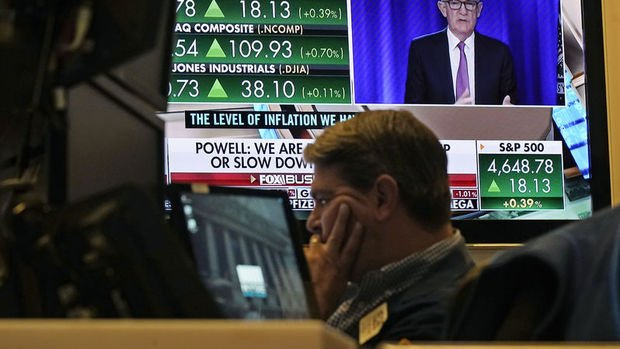Chinese pressure on global markets
Concerns that China will not be able to provide enough stimulus to the economy have put pressure on the markets. Over the weekend, Dallas Fed President Lorie Logan warned about the liquidity problems that US banks may face and said that the pace of the Fed's balance sheet reduction may be slowed down, which was also one of the prominent headlines. Global stock markets are starting the first trading day of the new week with a decline. Markets in Japan are closed today. There are losses in the Chinese CSI 300 and Hong Kong Hang Seng indexes. The declines are due to concerns that the Chinese government will announce tighter regulations for the gaming sector and will be insufficient in terms of incentives to stimulate the economy. While US indices managed to close slightly higher on Friday after strong nonfarm payrolls data, they are down in futures this morning. The Bloomberg Dollar Index, which finished last week with a 0.9 percent increase, is flat this morning. Dallas Fed President Lorie Logan said that the US central bank may need to slow down the pace of shrinking its portfolio due to the risk of liquidity shortages in financial markets. Speaking on Saturday, Logan said there was still more than enough liquidity in the financial system but that some banks could start to experience distress. “Normalizing the balance sheet more slowly can help to create a more efficient balance sheet over the long term by making the process smoother and reducing the likelihood that we have to stop prematurely,” Logan said. Policymakers discussed the potential slowdown in balance sheet shrinkage at the Fed’s Dec. 12-13 meeting, according to minutes of the meeting released Wednesday, and many members noted they needed to start discussing technical factors. The Fed, which has announced stimulus measures such as buying bonds to fund markets during the pandemic, has been letting bonds mature on its balance sheet rather than reinvesting them. The Fed’s portfolio, which was about $9 trillion in 2022, has shrunk to $7.68 trillion.


